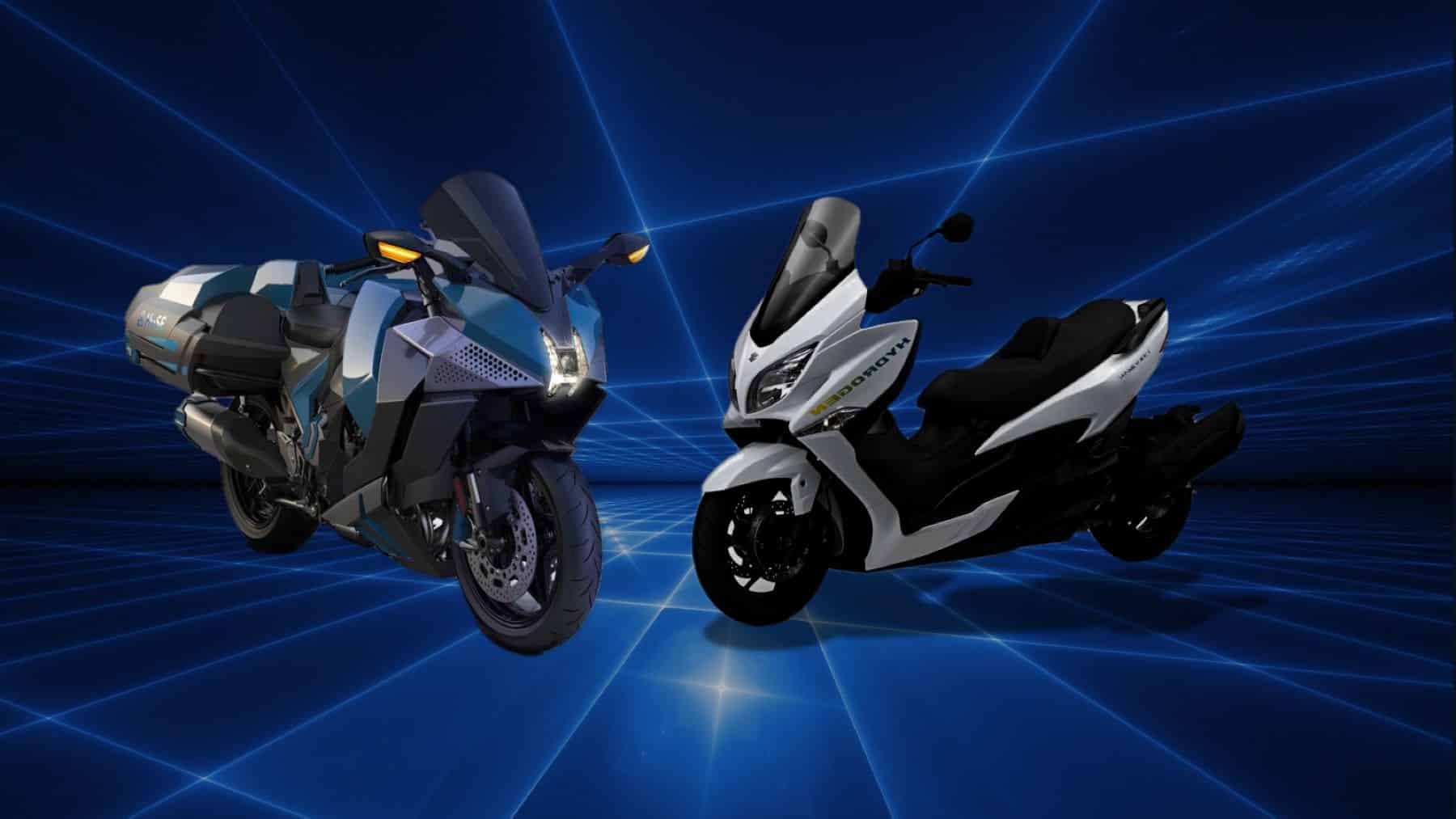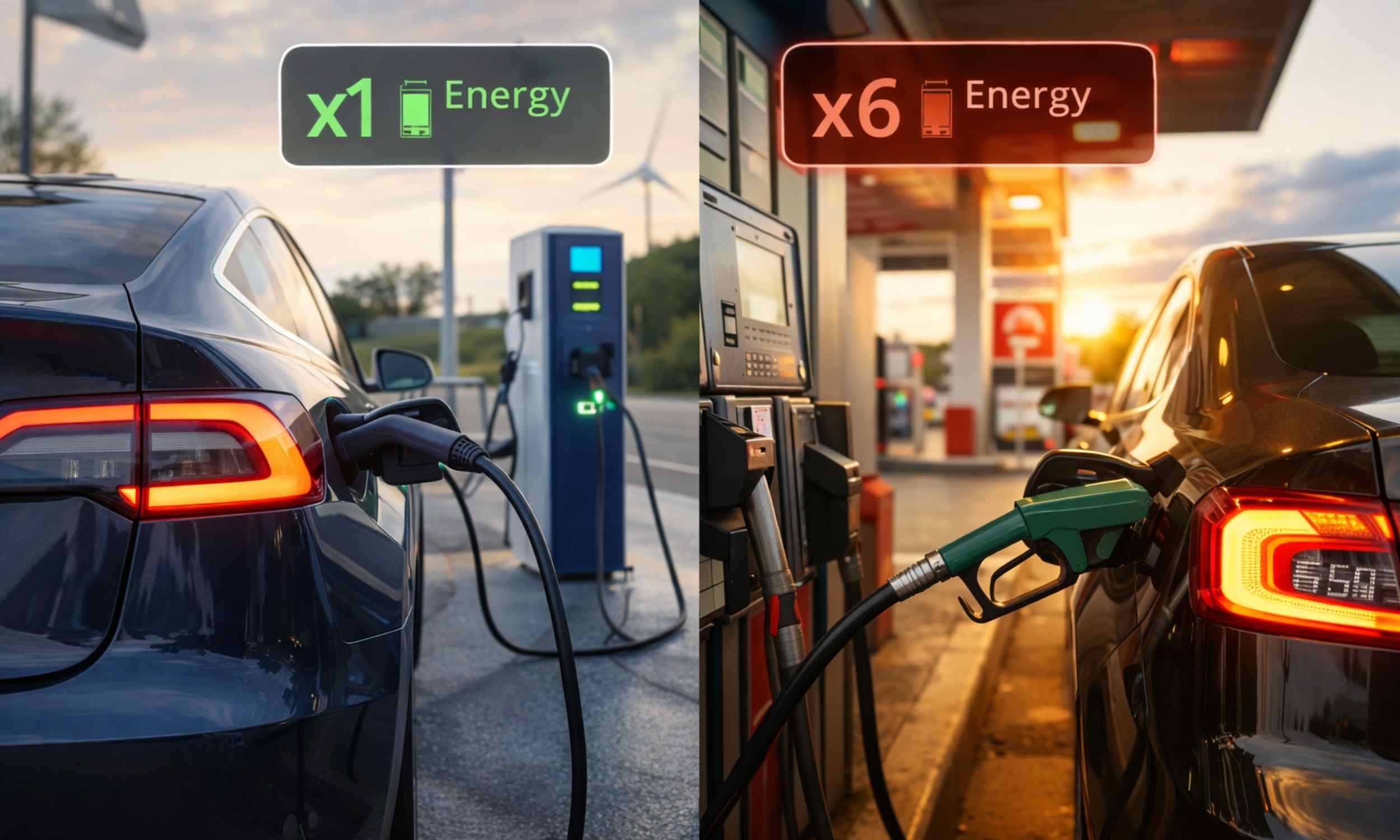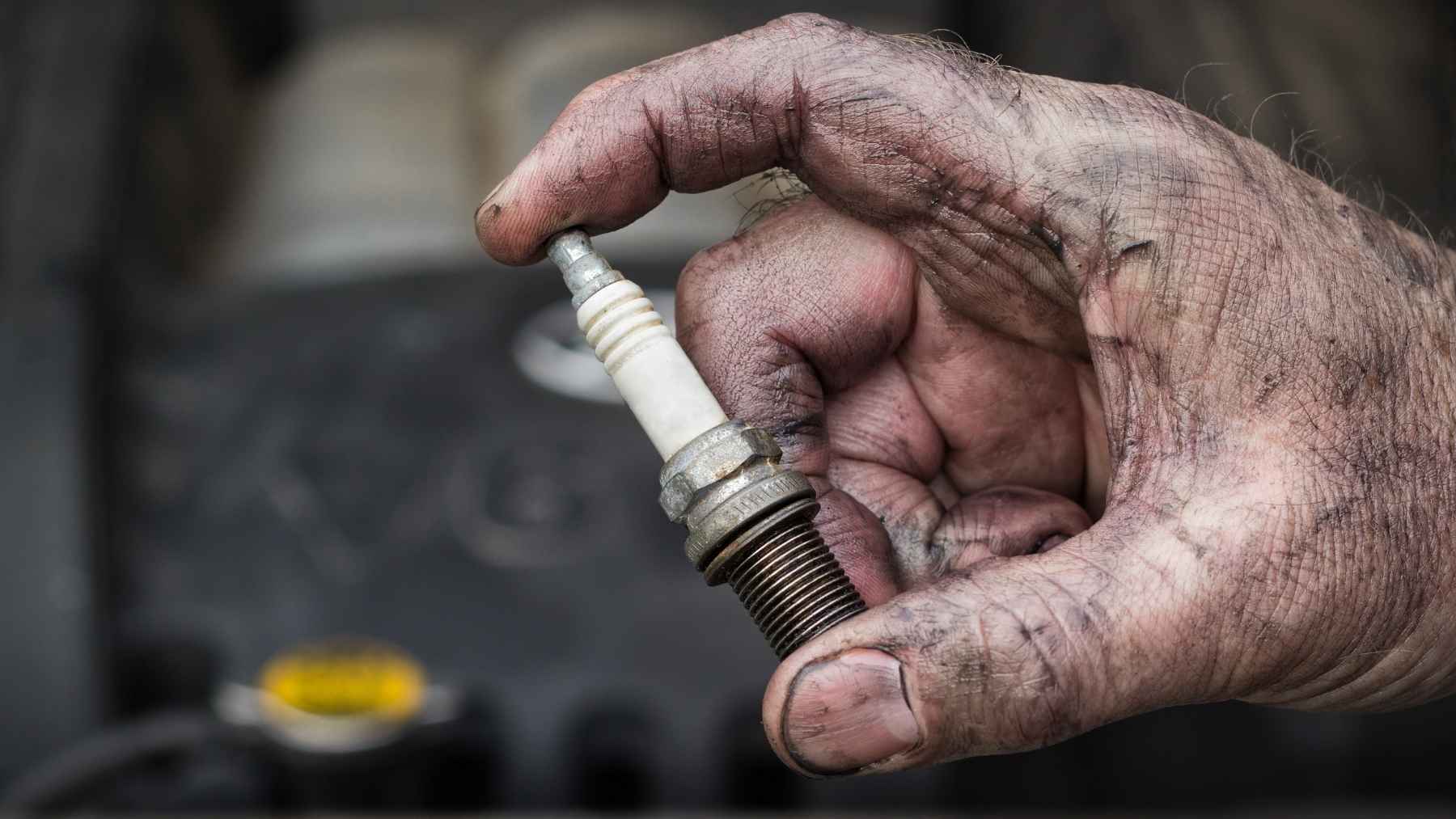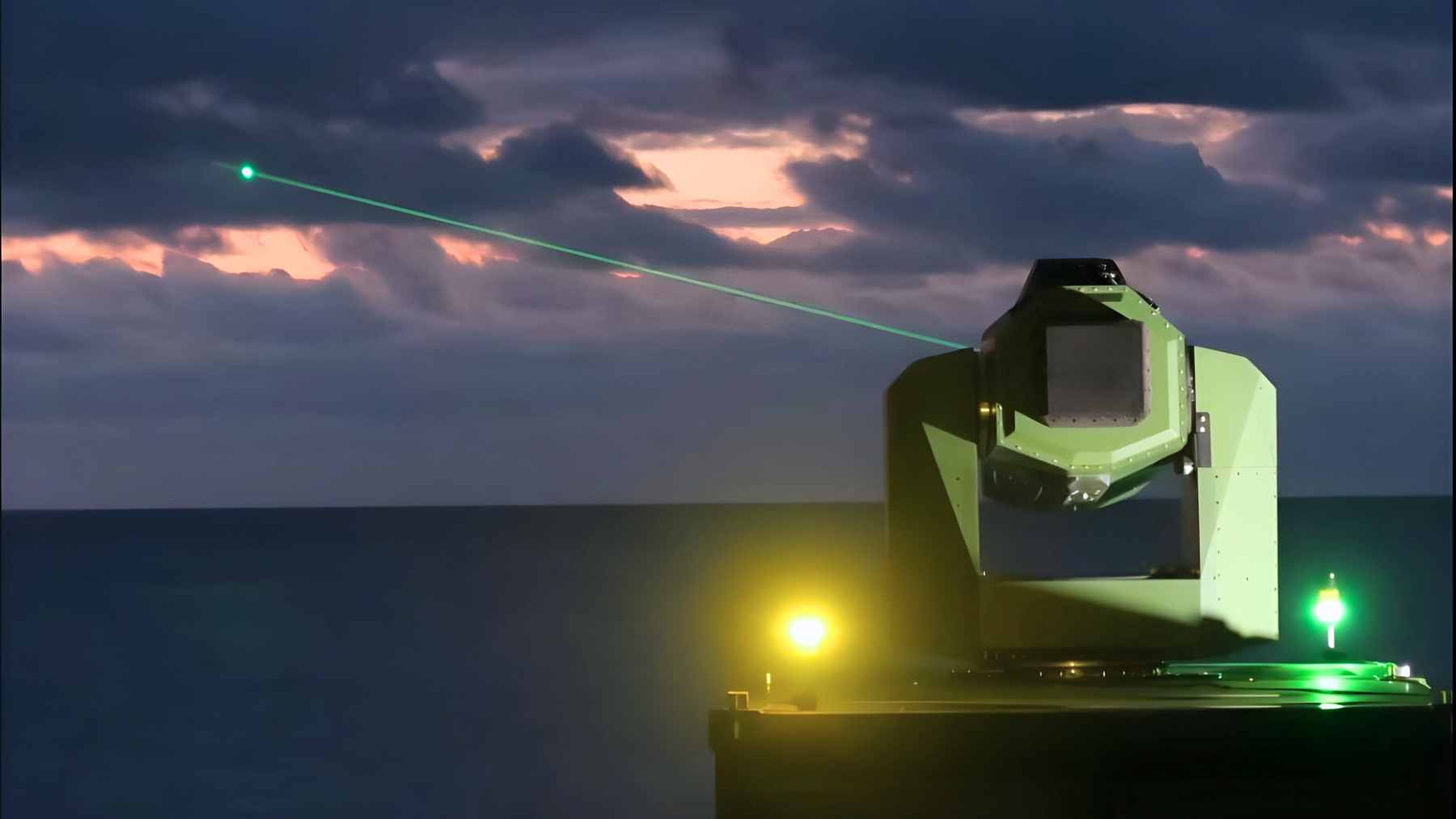As the world looks to find more sustainable solutions in a climate-conscious world, hydrogen has emerged as a promising alternative engine solution within the transportation industry. While the competition between electrical and hydrogen engine solutions in passenger vehicles has dominated headlines, Suzuki and Kawasaki have been pioneering alternative engine developments for motorcycles with hydrogen fuel, joining other Japanese automobile brands’ interests in hydrogen fuel-cell technology.
The search for sustainable solutions
The transportation industry has been singled out in particular, more than any other sector, to provide sustainable solutions to achieve a carbon-neutral world. Electrical solutions have been focused on in particular. Led by giants such as Tesla, this technology has offered promising solutions towards moving away from the internal combustion engine.
While electrical engine solutions have shown the most promise in the passenger vehicle world, other innovators have looked towards alternative engine solutions that run on different fuels, such as biofuel technology. Biofuels, while nowhere near as popular as electrical engines, have shown promising results in industrial sectors such as agriculture. However, one fuel looks to be showing competition for the electrical engine dominance in the passenger vehicle world.
Suzuki promises innovation with this fuel
Suzuki has been experimenting with hydrogen engine solutions since 2007. However, their newest prototype showcases how the brand is moving beyond design concepts towards commercial options of hydrogen technology. At the 2023 Tokyo Motor show, they unveiled their latest adaption of the popular Burgman 400 scooter. The new prototype has a modified 400cc engine which can burn hydrogen as a fuel source.
The new motorcycle boasts the following features to adapt to the new hydrogen engine:
-
A 700-bar hydrogen tank
- Retained underseat storage
-
8-inch longer wheelbase to accommodate the system.
This new engine is different from Suzuki’s previous hydrogen initiatives which operated off of traditional hydrogen fuel-cell concepts. This new engine can directly burn hydrogen as a fuel source through direct fuel-injection technology.
Kawasaki delivers with high-performance
In addition to Suzuki’s innovation, Kawasaki has also looked towards incorporating hydrogen solutions into their motorcycles. As part of Japan’s HySE (Hydrogen Small mobility and Engine) coalition, the brand is focusing on hydrogen innovative solutions whereby current internal combustion engines can be adapted to run on hydrogen as a fuel source instead of current fossil fuels.
As a result, Kawasaki released a prototype hydrogen-powered motorcycle in 2023, which featured a supercharged four-cylinder engine. The monocycle also features hydrogen cartridges to store the fuel to eliminate the problem of needing to refill your own hydrogen tank – a task that can be dangerous as well as tedious and time-consuming.
Currently, only Suzuki and Kawasaki deliver hydrogen-powered motorcycle solutions. This niche sector that the two companies are filling uniquely positions them as leaders in the motorcycle industry concerning hydrogen-focused technology. The biggest advantage they have is pushing towards an engine that can be adapted to accommodate hydrogen using current internal combustion engine technology.
A major challenge the automobile world faces as a whole when it comes to switching over to more sustainable solutions is adapting the entire production process. Both electrical solutions and traditional hydrogen fuel-cell solutions require a completely different production and investment focus. If current internal combustion engines can instead be adapted to support alternative fuel sources, this would greatly accelerate the adoption of these engines.
Adopting more sustainable transportation solutions requires not just innovation from the transportation sector but collaboration from stakeholders, governments, and other industries to scale up resources and infrastructure to support these initiatives. The technology exists, and it is now a matter of urgency to start implementing these solutions. While some companies may be prioritizing electrical solutions over hydrogen, both can work well together across different sectors in the industry to achieve carbon neutrality.














